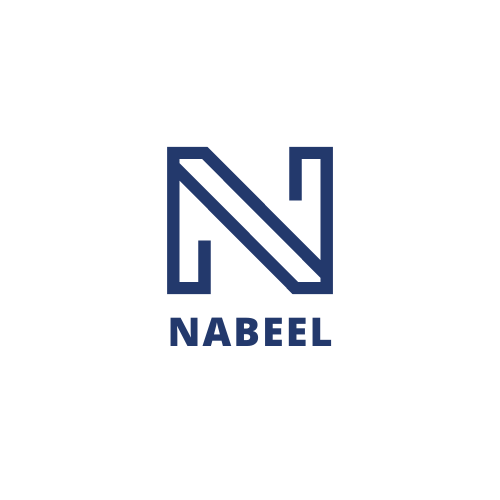Choosing Between Cloud Storage and NAS for Your Home in 2025
As we delve deeper into the digital age, the need for effective data storage solutions becomes more pressing. Whether you’re a tech aficionado or just someone who has amassed a significant digital library, deciding between cloud storage and Network Attached Storage (NAS) for your home can be a daunting task. But fear not! By the end of this blog post, you’ll have a clearer understanding of which option might be best suited for your needs in 2025.
Table of Contents
1. Understanding Cloud Storage
2. Getting to Know NAS
3. Key Differences Between Cloud Storage and NAS
4. Pros and Cons of Cloud Storage
5. Pros and Cons of NAS
6. Which One Should You Choose?
7. FAQs
8. Conclusion
Understanding Cloud Storage
Cloud storage is a service model where data is stored on remote servers accessed via the internet, or “cloud.” Providers like Google Drive, Dropbox, and Amazon AWS offer scalable storage solutions that can be tailored to meet individual or business needs.
In 2025, cloud storage is more versatile than ever. With increased internet speeds and enhanced security measures, it has become a go-to solution for many. The convenience of accessing your files from anywhere in the world with an internet connection is a significant advantage. Plus, many services now offer seamless integration with other apps and devices, making data management a breeze.
Getting to Know NAS
Network Attached Storage, or NAS, is a device connected to your home or office network that allows for centralized data storage and retrieval. Think of it as your personal cloud, but located within your own premises.
In 2025, NAS devices have become more user-friendly and affordable. They are particularly appealing for tech enthusiasts who crave control over their data. Modern NAS systems offer features like RAID configurations for data redundancy, media streaming capabilities, and even the ability to host your own website.
Key Differences Between Cloud Storage and NAS
While both cloud storage and NAS serve the primary purpose of data storage, they differ significantly in terms of accessibility, control, and cost.
Cloud storage offers unparalleled accessibility and convenience. However, it often comes with ongoing subscription costs. On the other hand, NAS gives you total control over your data without recurring fees, but it requires a more significant upfront investment and some technical know-how to set up and maintain.
Pros and Cons of Cloud Storage
Pros:
✨ Accessibility: Access your files from anywhere, anytime.
🔒 Security: Major providers offer robust security features.
📈 Scalability: Easily increase storage as your needs grow.
🤝 Integration: Seamlessly integrates with other apps and services.
Cons:
💸 Cost: Ongoing subscription fees can add up over time.
🌐 Reliance on Internet: Requires an internet connection for access.
🔍 Privacy Concerns: Storing data on third-party servers may raise privacy issues.
Pros and Cons of NAS
Pros:
🏠 Control: Full control over your data and storage configurations.
🛡️ Privacy: Data is stored locally, enhancing privacy.
🔧 Customization: Highly customizable to suit personal needs.
Cons:
💰 Initial Cost: Higher upfront investment for hardware.
⚙️ Complexity: Requires some technical expertise to set up and maintain.
📶 Accessibility: Limited remote access capabilities compared to cloud storage.
Which One Should You Choose?
The decision between cloud storage and NAS largely depends on your specific needs and circumstances.
If you prioritize convenience, accessibility, and are comfortable with a subscription-based model, cloud storage might be the way to go. It’s especially beneficial if you frequently need to access your files on the go or have a transient lifestyle.
Conversely, if you value privacy, control, and are willing to invest some time in setting up your system, a NAS could be the perfect fit. It’s ideal for those who want to keep their data close and have the technical skills or willingness to learn.
FAQs
Q: Can I use both cloud storage and NAS?
A: Absolutely! Many users opt for a hybrid approach, using cloud storage for its accessibility and NAS for its privacy and control.
Q: How secure is cloud storage?
A: Major providers implement strong security measures, but no system is infallible. It’s essential to use strong passwords and enable two-factor authentication.
Q: Is NAS difficult to set up?
A: While NAS setup can be more complex than cloud storage, many modern systems come with user-friendly interfaces and guides to simplify the process.
Conclusion
Choosing between cloud storage and NAS for your home in 2025 doesn’t have to be overwhelming. By understanding the nuances of each option and considering your personal needs, you can make an informed decision. Whether you choose the convenience of the cloud or the control of NAS, both have their unique advantages that can greatly enhance your digital storage experience. 🌟



